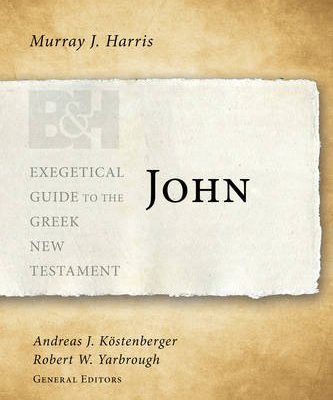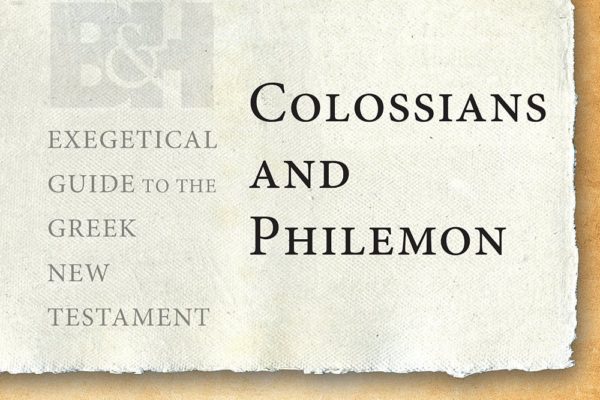Murray Harris’ Guide to Commentaries on John Based on their Various Strengths
The following is an excerpt (pp. 14-15, posted with permission) from Murray Harris’ Exegetical Guide to John’s Gospel, our Book of the Week for December 14, 2015.
RECOMMENDED COMMENTARIES
Throughout this Guide references are made to five commentaries that are written in English or translated into English and are based directly on the Greek text of John. They are:
C. K. Barrett, The Gospel according to St. John: An Introduction with Commentary and Notes on the Greek Text. 2nd ed. Philadelphia: Westminster, 1978.




